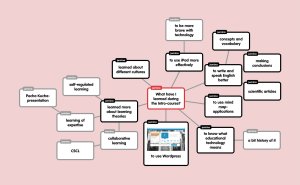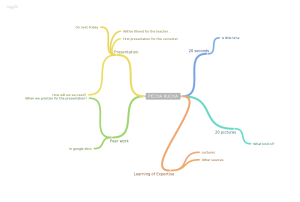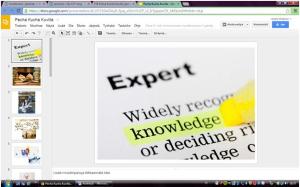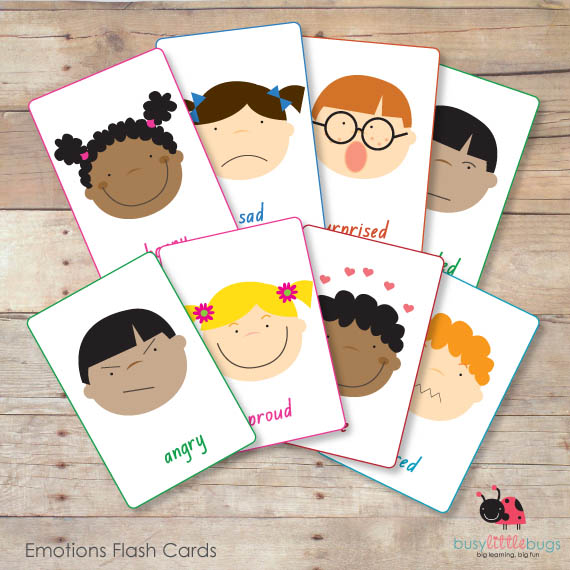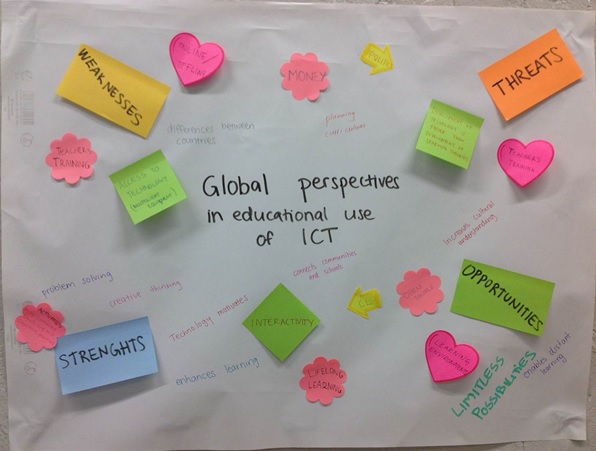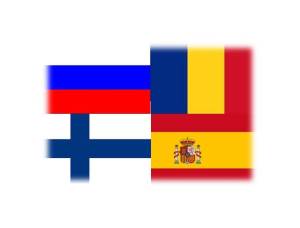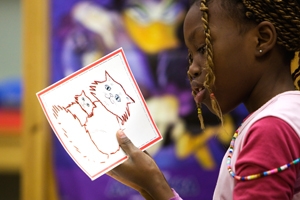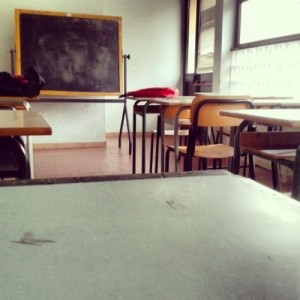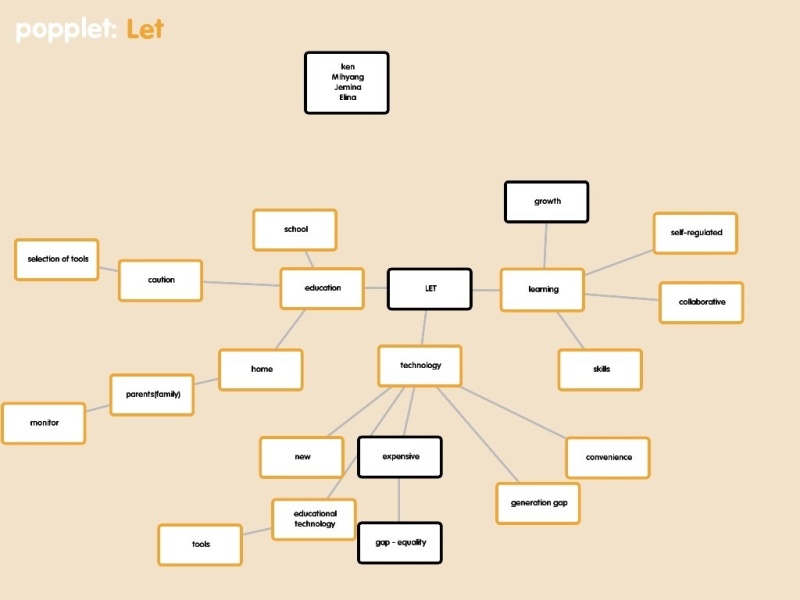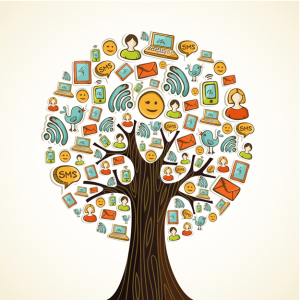The goal of this course was for me to get know what educational technology is and how different softwares can be applied in teaching and learning. After the course I know generally the main concepts, the hottest research in the field and I know how to use softwares. Still, I think that I don’t have a deeper understanding about how to tech and how to learn more effectively with technology. I guess that knowledge is reached mostly in practice. For example I know that making mind maps will help me with perceiving the big picture but it takes much time to make them so mind maps are not the best answer in every circumstances.
Luckily I hadn’t much timetable troubles so, if I remember right, I missed only one group work lesson. I was able to concentrate in lectures but I didn’t participate so active as I would like to. I still have difficulties to verbalize my thoughts and find the word to express myself in English. After all, I have got the courage to try and that’s what I’ll need also after these studies.
Classrooms, lecture halls, learning environments and materials were suitable for the meaning. Articles were usually easy to find, teachers were easy to contact if needed and timetables didn’t change too much. If I had a chance to change some things during the first course, I would write more often blog posts and be more active in lessons. In general, I’m happy with my working.
I made a popplet about things I have learned.
